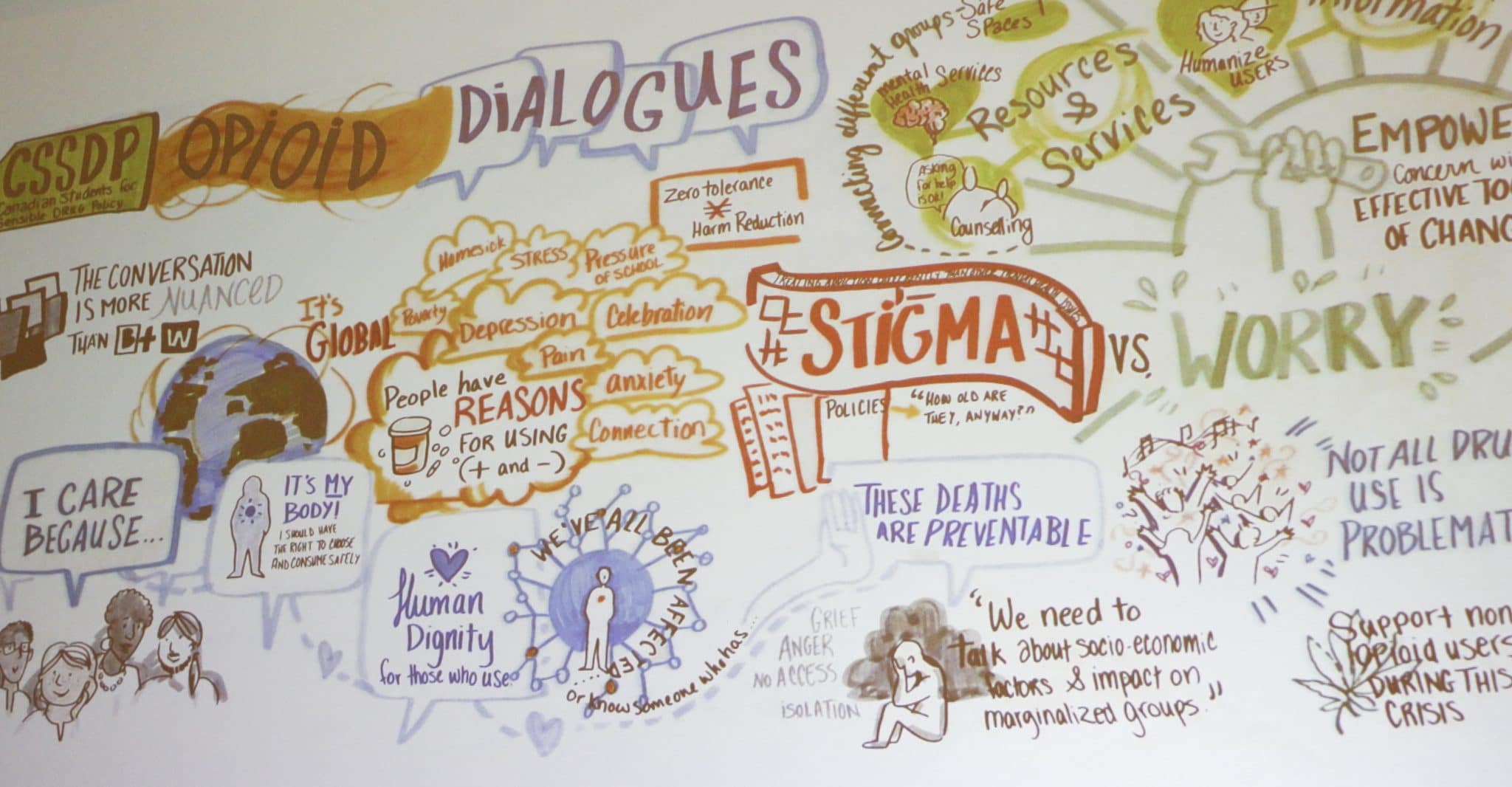impact of stigma impact of stigma
Stigma is a mark or characteristic connected to negative attitudes or beliefs about people because of who they are, what they do, or their circumstances in life. Negative attitudes or beliefs could be about race, social class, behaviour, or other things about people. Many people who currently use drugs or have used drugs in the past can experience stigma on a frequent or daily basis. Because many of the activities around substance use—like possessing or dealing drugs—are criminalized, people who use substances are often stigmatized as both people who use substances and criminals.
Stigma is harmful because it creates real barriers to people accessing healthcare, legal support, and vital social services. This creates a perpetual harmful cycle where those who would most benefit from help cannot access it and are further marginalized in society.
Stigma can be individual and social. People can feel prejudged, stereotyped, labelled, and discriminated against by how other people view them, or can even internalize feelings of shame directed at themselves. We can all work towards eliminating this kind of stigma by creating a climate of empathy towards people who use drugs and by using non-stigmatizing language and encouraging the use of non-stigmatizing images in the media and elsewhere. We can start to discuss substance use more openly and from a place of evidence, rather than moral conviction. And we can be more inclusive to those who use substances and genuinely learn and empathize with their situations and lives.

Stigma can be structural. Sometimes services such as healthcare, government services, and policing stigmatize people into the way they operate. When service providers ignore the requests of people who use drugs, when they don’t take them seriously, or refuse to connect them with needed services because of their substance use, drug users can feel stigmatized and let down by the system that is supposed to help them. We can help reduce structural stigma by designing and advocating for health and social services that are inclusive and non-judgmental.
The first step in reducing stigma is talking about substance use and people who use drugs with compassion and respect. This can be done in the following ways:
- Use “person-first language”: e.g., say “people who use drugs” or “people with lived experience,” rather than “drug users.”
- Avoid terms like “drug abuse” or “misuse.” Instead, say “substance use.”
- Avoid slang and derogatory terms such as “addict,” “junkie,” and “crackhead.”
- Use language that expresses care and concern rather than judgement.
- Speak up when you hear or witness someone being treated or spoken to/about in a disrespectful way.
